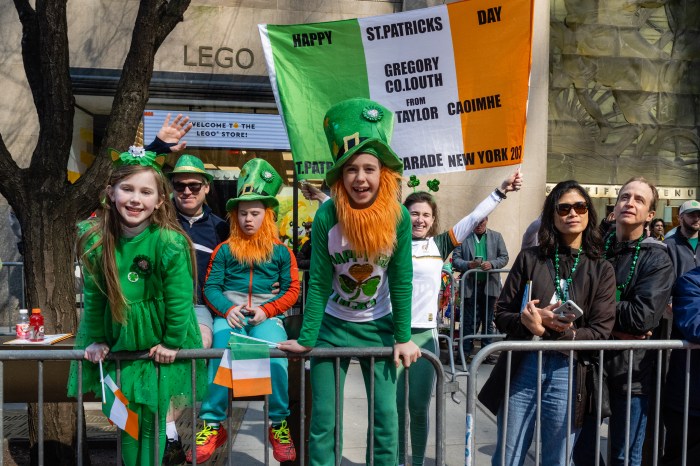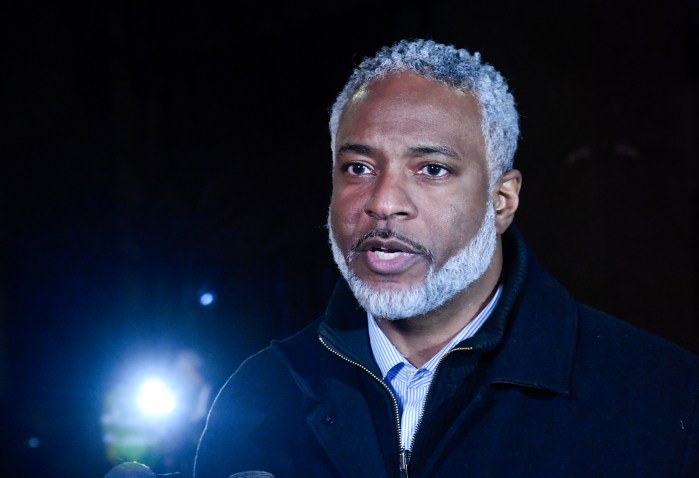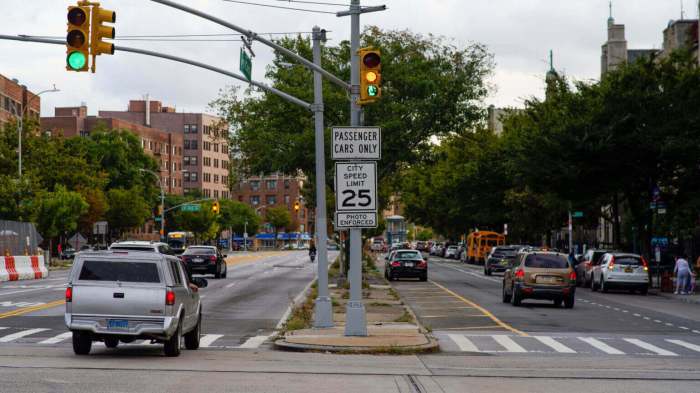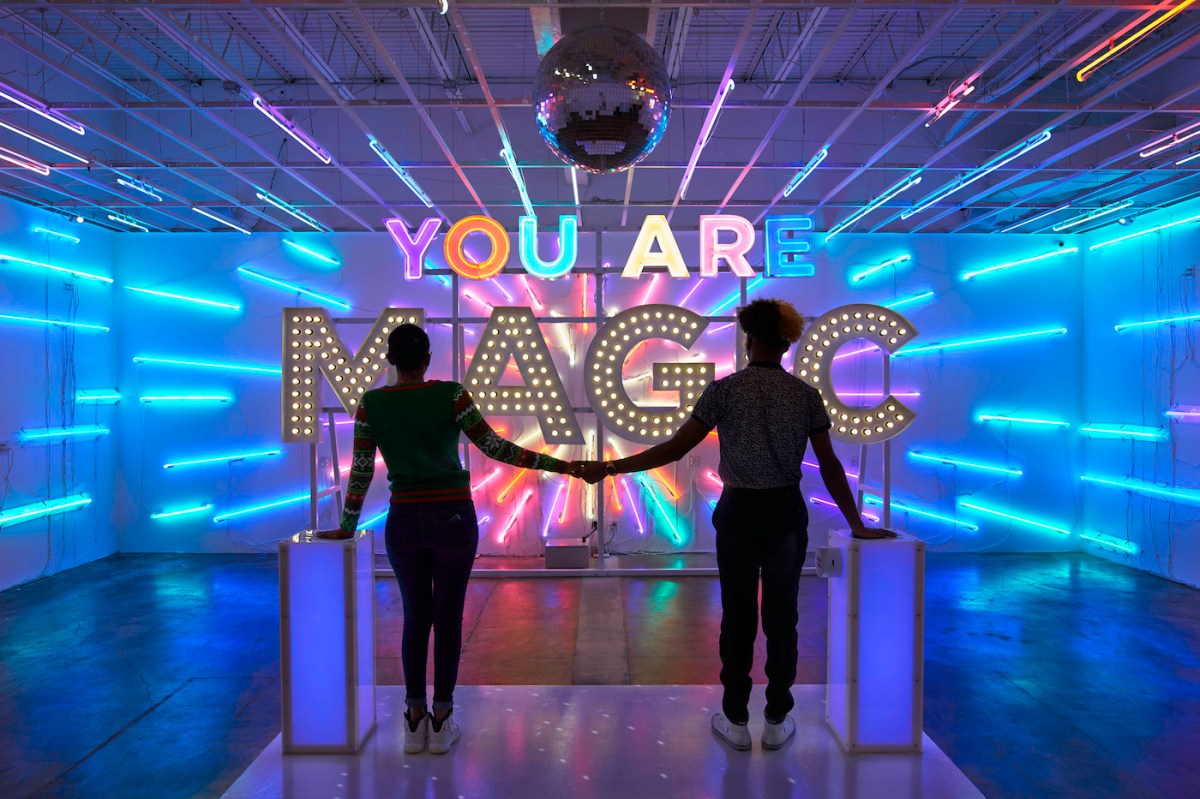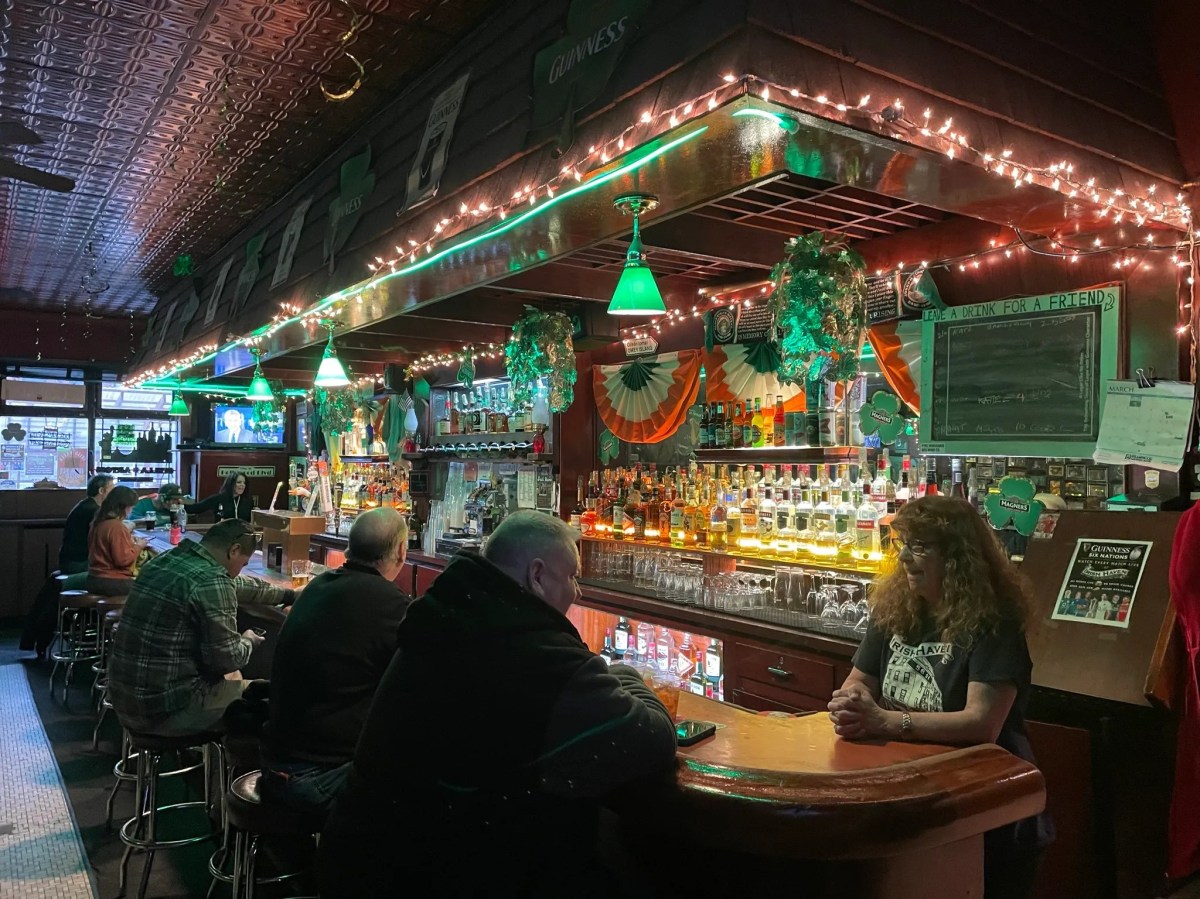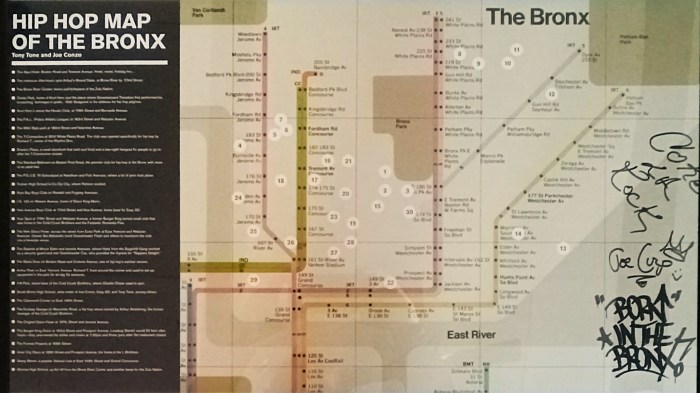
Elected officials and advocacy groups protested the next round of long-term subway station closures on the Upper West Side on Monday, calling out the MTA for failing to improve accessibility or properly alert the public ahead of the outages.
The months-long closures — part of the transit authority’s controversial Enhanced Station Initiative to renovate and rehabilitate stations — began Monday at the 110th Street station of the B and C lines. The 72nd and 86th street stations of the lines are also slated to close as part of the renovations on May 7 and June 4, respectively. The 110th Street station will reopen sometime in September, with 72nd and 86th Street stations reopening in October.
It was just the latest protest around the Enhanced Station Initiative. Advocates have criticized the program for months, arguing that it focuses on cosmetic repairs, tiling, lighting and art work without bringing stations up to compliance with the Americans with Disabilities Act.
“This is just another example of a station that has been closed with no new accessibility being added. The longer this issue is out there, the more familiar people are with the issue and the more upset people are getting,” said Colin Wright, of the nonprofit TransitCenter, who was joined by other groups Rise and Resist and Up-Stand. “Our message now is for the MTA to switch to a station renovation program with accessibility at heart.”
Local State Sen. Brian Benjamin, joined by his Senate colleague Daniel O’Donnell and City Councilman Mark Levine, touted a new piece of legislation he introduced Friday that would require the MTA to give at least 90 days’ notice to neighboring community boards of an MTA planned station closure for repairs or renovations.
Benjamin said the authority failed to properly notify the neighborhood of the closure to 110th Street, which served roughly 7,500 commuters each weekday in 2016, according to MTA data. He said the local community board, Community Board 10, was not notified of the closure.
“If we had the appropriate conversations about the closures happening three months ago — and not day-of — emotions wouldn’t be on 10,” Benjamin said. “This has a serious impact on our seniors, serious impacts on the disabled. You’ve got to make sure you give people ample notice so that they can plan their lives.”
At a public hearing in October, the MTA’s board approved the renovations for the three stations. But at that point the exact dates of the closures were not yet known.
Shams Tarek, a spokesman for the MTA, pushed backed against the notion that the renovations are purely cosmetic. He said the 110th Station renovations will improve concrete on the platform and tracks, improve station waterproofing, replace stair treads and risers, among other fixes.
Only roughly a quarter of city subway stations are accessible to wheelchair users. Tarek also noted that the MTA is currently studying the feasibility of making every station in the subway ADA-compliant.
“There is critical structural repair and functional improvement work being done here that, when completed, will benefit commuters for generations to come,” said Tarek in a statement. “We are in contact with local elected officials and value our relationship with local communities — after weeks of advance notice and discussions we’re now closely monitoring local subway and bus ridership and will make adjustments as necessary.”



